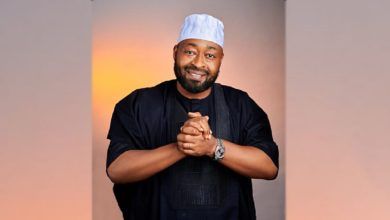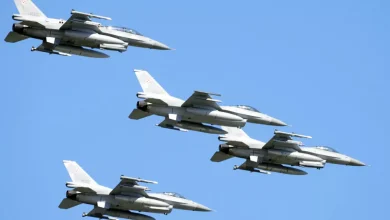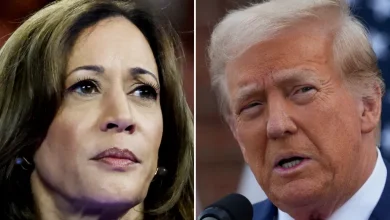Trump Ousts Waltz as National Security Adviser, Taps Him for UN Ambassador Role

U.S. President Donald Trump has removed National Security Adviser Mike Waltz and nominated him to serve as U.S. ambassador to the United Nations, a move insiders describe as a face-saving reshuffle following a high-profile security lapse.
Announcing the change on Truth Social, Trump praised Waltz for his military and congressional service and expressed confidence in his ability to “serve America well” on the world stage. Secretary of State Marco Rubio will step in as interim national security adviser, making him the first to hold both roles since Henry Kissinger.
Waltz, a former Green Beret and Florida congressman, came under scrutiny after mistakenly adding Atlantic editor Jeffrey Goldberg to a secure Signal chat discussing classified plans for a military strike on Yemen’s Houthis. The chat included senior officials like Rubio and Defense Secretary Pete Hegseth.
According to officials who spoke with CBS News and the BBC, the error—along with concerns over Waltz’s staff vetting—prompted his removal. Trump reportedly opted for a diplomatic post instead of an outright dismissal, though some administration sources believe Waltz may struggle to win Senate confirmation.
Waltz’s deputy, Alex Wong, is also under review for his involvement in the Signal chat, while speculation grows around potential replacements, including former ambassador Ric Grenell and real estate executive Steve Witkoff.
The UN ambassador post has remained vacant since Trump withdrew Rep. Elise Stefanik’s nomination, amid GOP concerns over losing their House majority.
Vice President JD Vance defended the move in a Fox News interview, calling it a “promotion,” not a firing. Still, former Trump national security adviser John Bolton described the shake-up as reminiscent of the chaos of Trump’s first term.
With Rubio temporarily overseeing both the State Department and the National Security Council—alongside acting roles at USAID and the National Archives—Trump’s administration is increasingly leaning on loyalists as it navigates global flashpoints.





